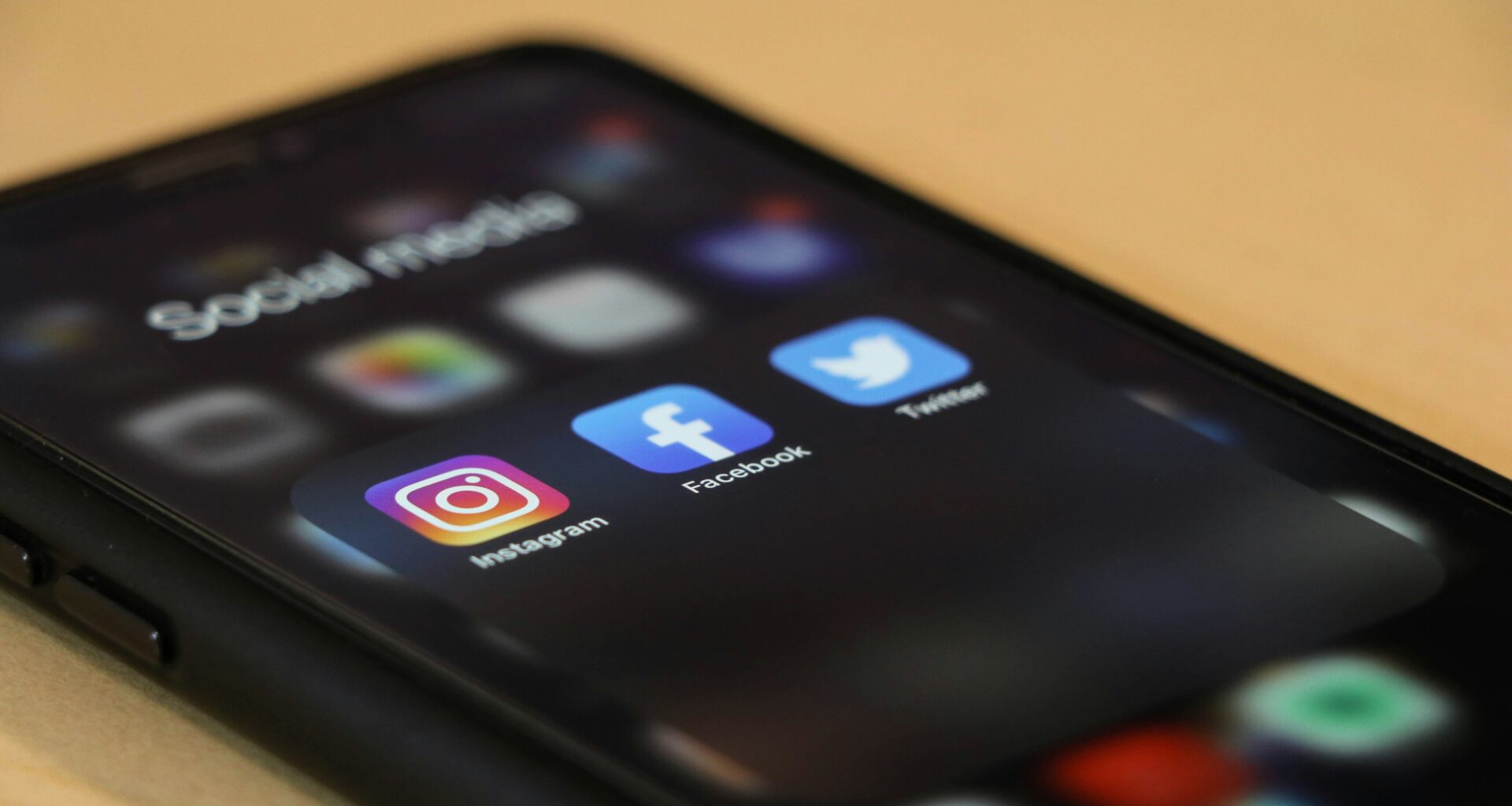The internet used to be stupid in the best way.
We spent hours playing free minigames on sites that would give modern cybersecurity experts night terrors, their sleep paralysis demon in the corner asking, “What’s ‘Taters’, eh?”. (Boil ’em, mash ’em, stick ’em in a stew!) We watched pure stupidity to the tune of Charlie the Unicorn and Salad Fingers and Old Gregg. We thought we’d achieved the heights of comedy. And in some ways, we had.
The most beautiful part: when we were done, we turned off the family computer, and lived lives that weren’t constantly on camera. We just… lived.
Memes used to mean something. When something went viral, it wasn’t a trend for a week. It took over. It was on America’s Funniest Home Videos, and on the local news and popular talk shows. We memorized them. Everyone knew every reference. My spoon is too big! Charlie bit my finger! I like rusty spoons. Have you ever drunk Bailey’s from a shoe? A viral moment wasn’t disposable content; it was a shared language.
I spent years on DeviantArt when it was a haven for the weird art kids, not AI scraping bots. Artists traded tips, swapped critiques, and made real, genuine connections. I met one of my closest friends over 20 years ago. We’ve never met in person, but we’ve shared every major milestone: the grief, the joy, the first published book, the marriages, the home purchases, the births of our kids, the loss of loved ones.
The internet was a strange, creepy, wonderful place. Sure, you might stumble into the wrong corner and see things that would leave you scarred for life (Looking at you, Pain Olympics), but you could also find your people. The ones that, no matter where they were in the world, made you feel like your weirdness actually belonged somewhere.
It wasn’t perfect, but it was ours.
The Monetization Era
Then came the slow boil.
We started streaming because we wanted to escape ads. That didn’t last long. Now we pay monthly subscription fees for the privilege of watching more ads, just… shinier. Facebook gave us pokes, FarmVille, and Mafia Wars; dopamine slot machines disguised as community, and we ate it up.
Instagram used to be about showing your life, and sharing it with the people we loved; now it’s about selling it. We used to post updates and the pretty plating from our favorite tapas place. Now we run content strategies. You can’t even share a cat photo without a 17 hashtag plan.
We weren’t optimizing for engagement back then; we were just vibing. The weirdest part of it all is that now, if we see low likes and views, it feels like a business failure.
The internet used to be infinite. Now it’s a million tiny toll booths pretending to make your life easier.
Every app costs $4.99 to stop spamming you with ads. Every article hides behind a paywall. Every influencer needs “exclusive content,” because apparently, now we’re monetizing literally existing.
We were told that the internet would lead to freedom, but now we pay more than ever before. Free ninety-nine has never been more real. We’re not even just paying in cash: we’re paying in money, attention, privacy, and exhaustion.
The Gigification of Identity
Congratulations. You opened a social media account. You’re now the CEO of You™.
You are now responsible for running your own personal brand, your own PR department, and your own one-person crisis management team.
Every post is now a pitch deck. Every caption is a press release.
Your life is now content to be consumed, your hobbies are marketing assets, and your face is a logo that you simply can’t stop rebranding. Dying your hair is a whole brand remodel. Taking up a new hobby is a company expansion.
The gig economy didn’t just swallow jobs. It swallowed personalities. There’s no difference between a creator and consumer anymore; we’re all unpaid interns in the Capitalist Machine of Visibility.
Still Hungry
The internet promised connection and delivered consumption. Creativity was meant to be more accessible, but AI turned plagiarism into a business model with too many fingers and weird teeth. We scroll through the wreckage of our own diminishing attention spans, desperate for anything that gives the appearance of nourishment. We get ads shaped like people, and people shaped like ads.
Capitalism didn’t just eat the internet. It chewed up the people who built it and spat us back onto the plate as data points to be bought and analyzed. It told us that we should feed our emotions, feed our art, feed our memories and personalities, then named the process “content creation.” We fed it all into the machine.
The tragedy is, we’re still hungry.
Hungry for meaning. Authenticity. Community. For something that doesn’t come with a subscribe button and a monthly fee to remove ads that sneak in anyway.
Maybe the only rebellion we still have is to stop feeding it. To log off, to make something useless and beautiful, to be someone unmarketable and unbranded for a while.
I won’t lie: even as I write this, I’m still online, still refreshing, still starving.

